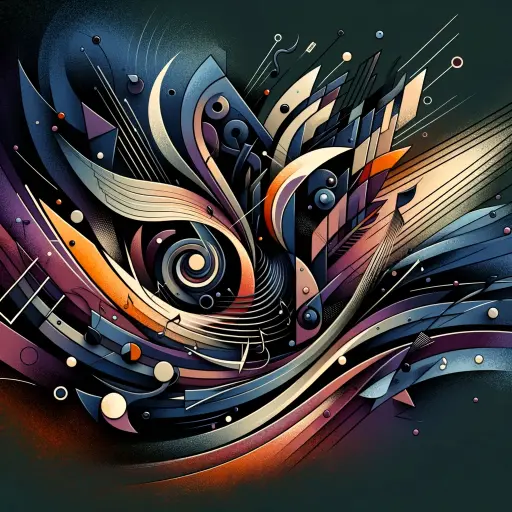
J-Ambient Concerts
J-Ambient, also known as Japanese Ambient, is a genre of music that originated in Japan in the 1980s. It combines elements of traditional Japanese music with ambient electronic sounds to create a unique and atmospheric sonic experience. J-Ambient is characterized by its ethereal and dream-like qualities, often incorporating natural sounds like flowing water or birdsong.
The genre's origins can be traced back to the influential Japanese musician Hiroshi Yoshimura. His 1982 album "Music for Nine Post Cards" is considered one of the earliest and most significant works in the J-Ambient genre. Yoshimura's use of minimalist piano melodies and environmental field recordings set the foundation for what would become a distinct sound.
Key characteristics of J-Ambient include slow tempos, sparse arrangements, and a focus on creating an immersive atmosphere. The music often evokes feelings of tranquility and introspection, reflecting Japan's deep connection with nature and spirituality. Traditional Japanese instruments such as koto (a stringed instrument) or shakuhachi (a bamboo flute) are sometimes incorporated into J-Ambient compositions, further enhancing their cultural identity.
Over time, J-Ambient has evolved and expanded its boundaries. Artists like Takashi Kokubo continued to explore this style throughout the 1980s with albums like "A Dream Sails Out to Sea." Kokubo incorporated synthesizers and electronic textures into his compositions while maintaining the serene ambiance characteristic of J-Ambient.
One significant artist associated with the genre is Susumu Yokota. His 1998 album "Sakura" gained international recognition for its beautiful blend of traditional Japanese instrumentation with modern electronic production techniques. "Sakura" became a landmark release not only within J-Ambient but also within the broader global ambient music scene.
Another notable figure in J-Ambient is Chihei Hatakeyama.
Concert Schedule
| Concert Date | Artist | Venue | City |
|---|




